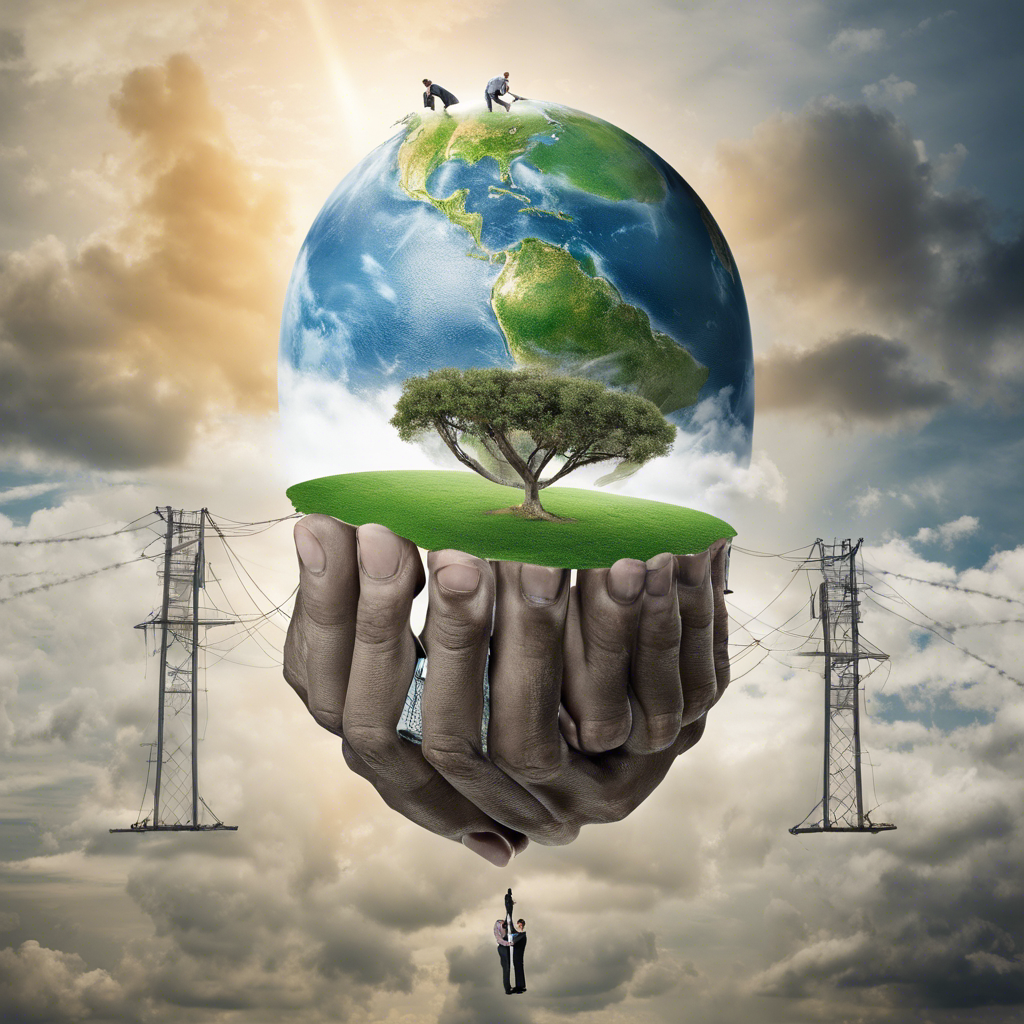Western Governments Seek Alternatives to Chinese Green Technologies
As the world grapples with the urgent need to address climate change, governments across the Western world are faced with a dilemma. On one hand, they must secure the necessary solar panels, batteries, and wind power equipment to meet their emission reduction targets. On the other hand, they are increasingly wary of their heavy reliance on China, the primary source of many of these green technologies. In this article, we explore the challenges faced by Western governments as they navigate this delicate balancing act.
1: The Rise of China as a Dominant Player in Green Technologies
China has emerged as a global leader in the production of green technologies. Its vast manufacturing capabilities and competitive prices have made it the primary source of solar panels, batteries, and wind power equipment for countries around the world. However, this reliance on China has raised concerns about supply chain vulnerabilities and geopolitical risks.
2: The Need for Diversification
Recognizing the risks associated with overreliance on a single country, Western governments are now actively seeking alternatives to Chinese green technologies. Diversifying the supply chain is seen as a crucial step towards reducing vulnerabilities and ensuring the availability of critical components for their climate goals.
3: Challenges in Sourcing Alternatives
Finding viable alternatives to Chinese green technologies is not without its challenges. Western governments face several hurdles, including limited domestic production capabilities, higher costs, and the need for technological advancements to match China’s manufacturing capabilities. Developing a robust and competitive domestic industry is a complex task that requires significant investment and long-term planning.
4: The Role of International Cooperation
Addressing the challenge of reducing reliance on China requires international cooperation. Governments, industry leaders, and research institutions must collaborate to develop innovative solutions and share best practices. By working together, countries can pool resources, expertise, and technological advancements to build a more resilient and sustainable global supply chain for green technologies.
5: The Implications for Climate Goals
While reducing reliance on China is a valid concern, it should not overshadow the urgency of addressing climate change. Western governments must strike a delicate balance between securing alternative sources for green technologies and ensuring the timely implementation of their emission reduction plans. Delaying climate action in the pursuit of diversification could have detrimental consequences for global efforts to combat climate change.
Conclusion:
The dilemma faced by Western governments in securing green technologies while reducing reliance on China is a complex and multifaceted challenge. While diversifying the supply chain is crucial, it must be done in a way that does not compromise the urgent need to address climate change. International cooperation and long-term planning are essential in developing a resilient and sustainable global supply chain for green technologies. By navigating this dilemma effectively, Western governments can make significant strides towards achieving their climate goals while mitigating supply chain vulnerabilities.











